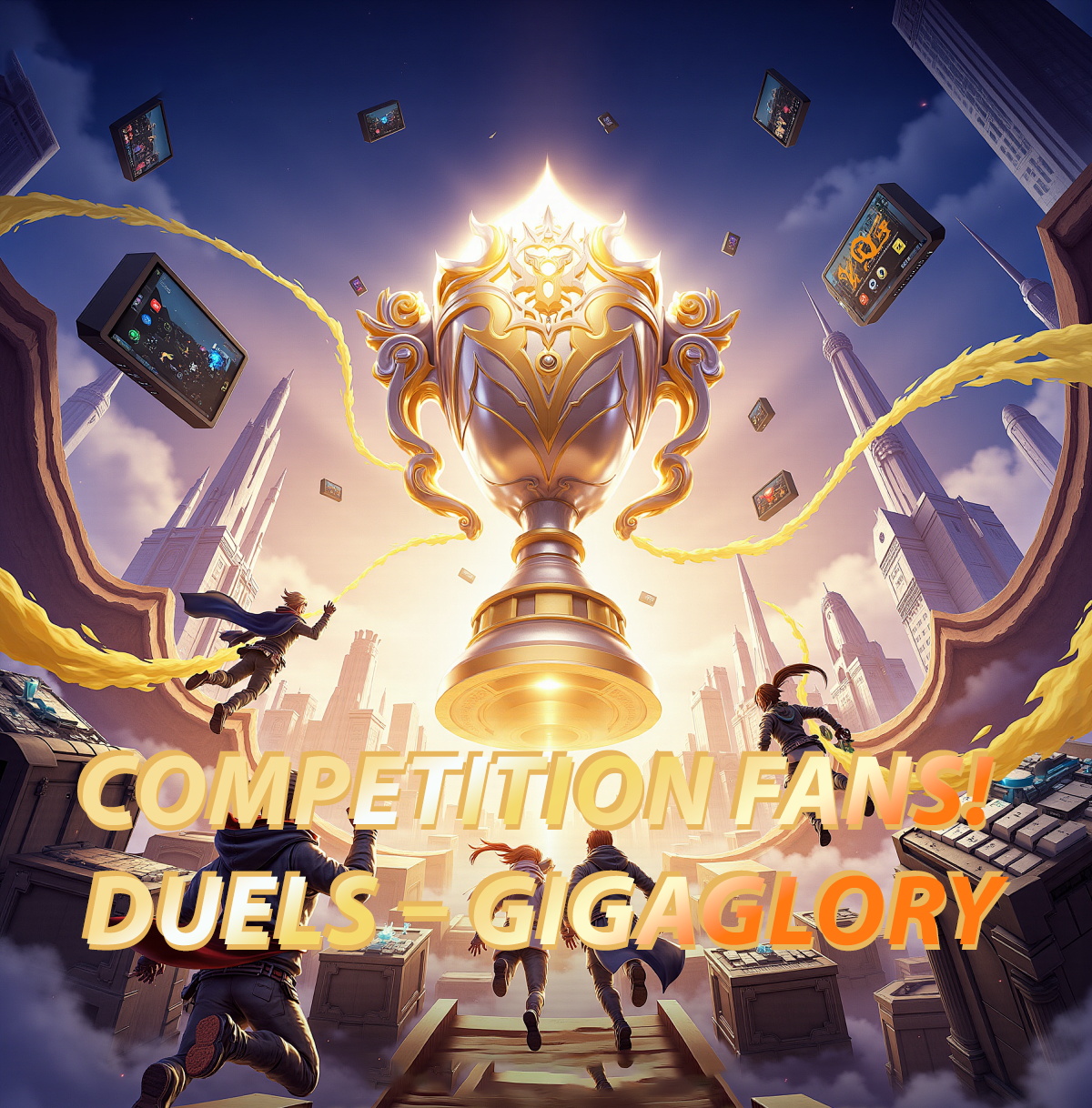Why MMORPGs Are Thriving While Offline Games Struggle to Keep Up
The Rise of MMORPGs: What's Behind the Boom?
In today’s gaming landscape, MMORPGs (Massively Multiplayer Online Role-Playing Games) are flourishing like never before. From the globetrotting adventures of Final Fantasy XIV to the space-faring escapades of Star Wars: The Old Republic, these games have captured the hearts of millions. But what's fueling this ongoing trend?
A Community Like No Other
One of the key ingredients for the success of MMORPGs is their vibrant communities. Unlike offline games, where players often engage in solitary experiences, MMORPGs facilitate social interactions. Players band together to complete quests or engage in epic battles, creating friendships that often transcend the game itself.
The Power of Live Events
Developers of MMORPGs often host live events, adding a dynamic aspect that traditional offline games can't match. Think about World of Warcraft's in-game festivities, where players can celebrate together. These events foster a sense of togetherness and belonging, which is crucial for player retention.
Regular Updates and Expansions
The gaming industry thrives on fresh content, and MMORPGs excel at delivering it. Regular updates and expansions keep the gameplay experience alive. For instance, the release of expansions in MMORPGs can rejuvenate interest, whereas many offline games might stagnate after their initial launch.
Adaptability to New Trends
Curious about how MMORPGs stay relevant? They adapt quickly! Whether it’s incorporating popular features from other platforms or focusing on inclusivity, MMORPGs respond to changing player preferences. That's in sharp contrast to many offline games, which often stick to a formula that may not resonate with modern gamers.
Accessible Cross-Platform Play
Today's gamers crave flexibility. Many MMORPGs, like Guild Wars 2, allow for cross-platform play. This means you can chat and collaborate with friends, regardless of what device they’re using. Offline games, however, often confine you to a single platform, isolating players.
The Appeal of Long-Term Goals
MMORPGs often revolve around long-term progression systems. Players have numerous pathways to improve their characters, whether it's leveling up or acquiring rare items. In contrast, offline games might offer a short-lived experience, lacking that depth and longevity.
In-depth Customization Options
Customization plays a pivotal role in MMORPGs. Players can design their avatars down to the minute details. This level of personalization can create an emotional investment that's often missing in offline titles where characters are predetermined.
The Allure of Exploration
MMORPGs are vast worlds full of secrets. Players enjoy exploring sprawling environments, discovering lore and interacting with the game. It creates an addictive experience that's hard to replicate in the linear structure of many offline games.
Engaging Storylines and Lore
When diving into a good MMORPG, players often find themselves wrapped up in intricate storylines. Unlike offline games that feature standalone stories, MMORPGs create rich narratives that evolve over time, drawing players deeper into the universe.
The Social Aspect: FOMO vs. Solo
Fear of Missing Out (FOMO) is a powerful motivator. MMORPGs tap into this by creating exclusive in-game events or items. The thrill of being part of something “big” keeps players coming back. By contrast, offline games can’t generate that same anticipation; once the title is completed, there’s little incentive to return.
Table: MMORPGs vs. Offline Games
| Feature | MMORPGs | Offline Games |
|---|---|---|
| Community | Strong and active | Often solitary |
| Content Updates | Regularly updated | Usually static post-launch |
| Customization | High | Limited |
| Gameplay Longevity | Long-term progression | Short-lived experience |
| Social Interaction | Essential | Optional |
What Can Offline Games Learn from MMORPGs?
Offline games have been struggling as audiences evolve. So, what can they learn from this thriving genre? Enhancing social features, creating rich narratives, and adding community-driven events could help re-engage a waning audience. Imagine unraveling a thrilling plot alongside friends, instead of concluding your journey alone.
EA Sports FC 25: A Step Forward?
Consider EA Sports FC 25 free download for PC. While not an MMORPG in the traditional sense, could it borrow elements from the genre? By integrating online multiplayer modes, live events, or community-driven content, it has the potential to keep gamers engaged longer and boost its popularity.
Fresh Ideas for Offline Games
- Incorporate multiplayer modes to foster interaction.
- Introduce seasonal events to give players reasons to return.
- Develop deep customization features for character personalization.
- Implement engaging storylines with evolving narratives.
Conclusion: What's Next for Gaming?
As we delve deeper into the gaming experience, MMORPGs offer valuable lessons. Their emphasis on community, continuous updates, and rich, engaging narratives create an immersive atmosphere that offline games must consider. By adopting some of these elements, offline titles could not only compete but also reclaim some of the glory they once held.
So, whether you're a die-hard MMORPG fan or an offline game enthusiast, the future holds exciting possibilities. What will you play next?



